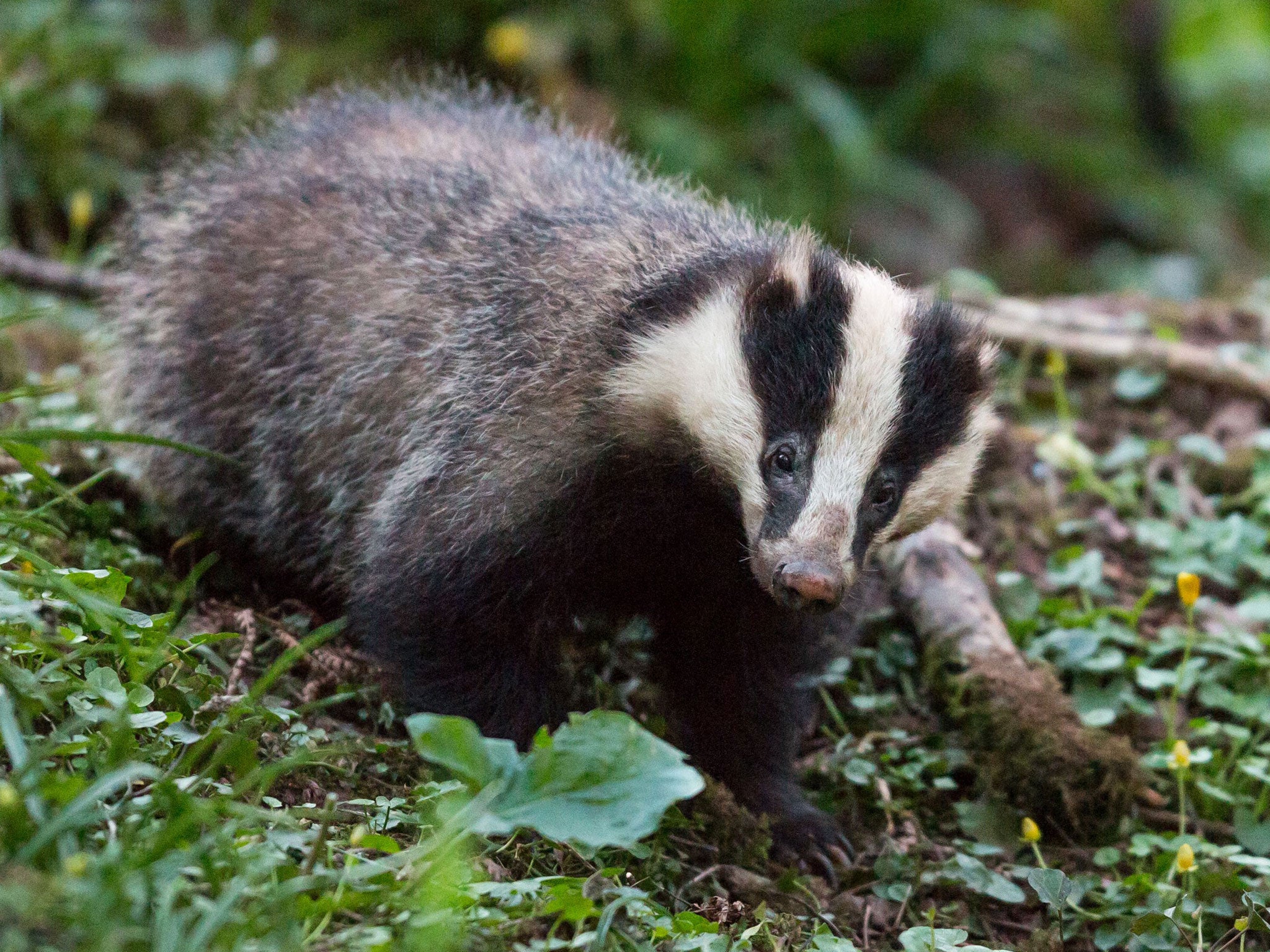Badger cull 'way behind target' in pilot area
Dairy farmer claims that fewer than 100 badgers have been killed in West Somerset in first 10 days of cull - when 500 should already have been destroyed

The highly-controversial badger cull is in danger of failing after it emerged that a pilot scheme in West Somerset is killing less than a fifth of the animals it needs to.
Fewer than 100 badgers were culled in the first ten days of the six-week cull in Somerset, which began on 26 August and will run to 6 October, it has emerged.
The toll is well below the minimum target of 2,081 badgers that need to be killed during the course of the trial. It represents less than 20 per cent of the 500 badgers that needed to have been culled in the first ten days to put the operation on track to hit its target.
“I understand the West Somerset badger cull may be failing to meet its own target, despite [Secretary of State] Owen Paterson’s assurances that the operation is proceeding according to plan,” Derek Mead, an entrepreneur dairy farmer from Weston-super-Mare, told The Western Morning News in Somerset.
“The information I have been given suggests that as at the middle of last week, the number of badgers accounted for was still well below 100,” he added.
Reports suggest that the number of badgers culled could be considerably below 100, with some sources saying only three or four badgers are being shot a day – compared to an average of 50 a day if the trial is to reach its target.
Analysts said that, even if the slow start was partly down to teething problems that are later ironed out, the early data suggests the marksmen will struggle to hit their target.
The target represents 70 per cent of the badgers in the culling zone, a level the government says will effectively reduce the level of bovine tuberculosis without wiping out the local population altogether.
A spokesman for the National Farmers Union declined to comment on the number of badgers that have been culled in Somerset, saying it was too early to draw any firm conclusions either way.
“It is a pilot cull therefore we can’t fully assess the effectiveness until it is completed. It still has some way to go. I would say making such comments could be somewhat premature. We shall have to wait and see,” he said.
Somerset is one of two counties participating in the trial cull, alongside Gloucestershire.
Defra and the National Farmers Union declined to say what would happen if the cull failed to meet its target within the allotted six week period.
However, the low death-count will put a question mark over whether the cull will be extended – as planned - because the trial was set up to determine where the scheme could be conducted safely, humanely and effectively.
The uncertainty about the effectiveness of the cull will add to the controversy surrounding the programme.
Advocates of the programme say the cull will help reduce the amount of bovine TB in badgers which, most scientists agree, help to spread the disease among cattle – at a cost of more than £100m a year to the taxpayer.
However, the many opponents of the programme say that the cull will actually make the problem worse, as fleeing badgers carry the disease to new areas and new badgers colonise the vacated zones.
A source close to Defra said they did not recognise the figures relating to the number of badgers killed in the cull.
Join our commenting forum
Join thought-provoking conversations, follow other Independent readers and see their replies
Comments
Bookmark popover
Removed from bookmarks